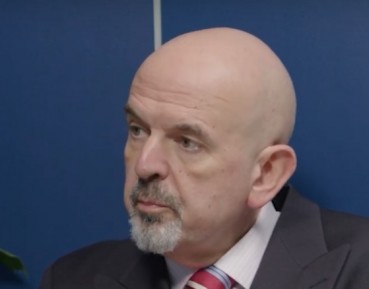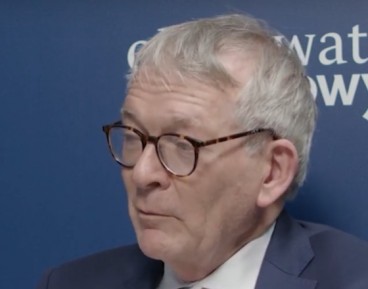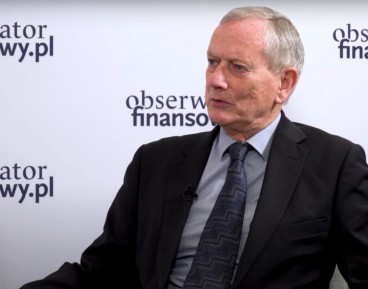Iliya Lingorski: Accession to the eurozone is our priority
Category: Wideo
“Obserwator Finansowy”: What are the key growth factors in Europe either political, social, economic or demographic ones? What is the most important?
Birgit Niessner: From the data we have at the Austrian Central Bank we can see that actually productivity is now the driver of growth which we need most in Europe. So we have had enough capital stock, labour supply is still sufficient, this may be a problem in the future with the declining demographic component. But currently if you want to be competitive, you have to invest in productivity and in innovation.
But we may say that the demographic issue is a ticking bomb. And sometimes, especially when we observe what is going on in Europe, a full-scale migration may sometimes be a kind of cure that is worse than disease. What is the solution to this dilemma?
It is not the only option. We can, first of all, raise the labour force participation. And also in Austria and in other countries there is still a potential to get more women work into the labour market if you provide enough kindergartens, for instance. Then, of course, the second option is that you digitalise a lot of the jobs, so that many of the normal jobs which we do know now will be done by robots in the future. And the second option is, of course, to integrate people coming from other countries, but, of course, in order to have this working for more growth it should be people with skills.
You have mentioned robots, so we touch a very hot topic of artificial intelligence. Do you think it should bring more benefits or does it pose a big threat to humanity?
Artificial intelligence is something where we still don’t know how exactly it will impact our society. It will definitely change society. It will eliminate some jobs and bring other jobs. So, if you are studying ICT, informatics and technology today, you have a bright future. And it is also clear that the services where humans cater for humans are nor so easily replaced by AI. We see AI coming into all our professions, we already use it at the Austrian Central Bank because it is perfect working with data, coding and digesting material in a very short time. We should use it, we should also regulate it, but we don’t know which professions will survive in which way.
So, I may conclude that you are rather optimistic about the use of artificial intelligence, right?
I think it’s something which we cannot avoid, I mean, we cannot go back to machine writing, we have to use computers and this is the next step. But I wish for our societies to be in the driver’s seat of this development. And let me say one thing on Europe, because Europe has been good on regulation but we are far behind in terms of development of AI in comparison to the US and to China. So some experts estimate we are eighteen months behind and that means that we are in the stone age of AI. So we must first become better at AI and then regulate the whole thing.
So we should tame it, right?
We should tame the monster. Right!
What important role is played by the state in economic relationships today? What is the main issue the state should take care of?
I think that the state should provide the right incentives for companies and also for people. I don’t see the state as an entrepreneur, but it should set a good framework and then really only intervene when nobody else can do it. We, in economics, call it when there is a market failure. On the other hand, because we have seen a lot of very difficult years now – during the pandemic the state had also the function to support people with little income and to help them in crisis.
There is a protracted war between Russia and Ukraine, there are clashes in Israel…Can we expect other exogenous shocks that may pose a threat that we may face a global recession? Is that threat real? What do you think? What’s your angle?
I’m afraid that we will see more supply side shocks, as we call it in economics. I mean, for me, in my life the great financial crisis was really the first crisis. And now, in the last five years with the pandemic and two wars, if I may say so, we have an acceleration of hits coming from the outside. So we must be prepared for more to come and we must built a resilient economic framework where we have fiscal buffers, where we have monetary policy buffers to defend ourselves against the next crisis.


